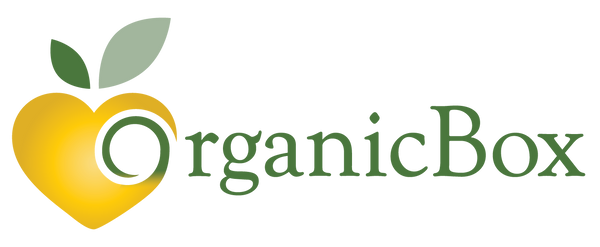In today's health-conscious society, the demand for organic produce is on the rise. Consumers are becoming more aware of the potential health benefits of choosing organic fruits and vegetables over conventionally grown ones. However, it's essential to distinguish between products labeled as "organic" and those that are certified organic. Let's delve into the reasons why opting for certified organic produce can be a game-changer for your health and the environment.
Certified organic fruits and vegetables undergo a rigorous certification process governed by strict standards set by regulatory bodies such as the USDA (United States Department of Agriculture) or the EU Organic Regulation. This certification ensures that the produce is grown and processed without synthetic pesticides, fertilizers, GMOs (Genetically Modified Organisms), or other harmful chemicals. Here are some compelling benefits of choosing certified organic:
-
Nutrient Density: Certified organic farming practices prioritize soil health, leading to nutrient-rich fruits and vegetables. Studies have shown that organic produce tends to have higher levels of essential vitamins, minerals, and antioxidants compared to conventionally grown counterparts.
-
Reduced Exposure to Harmful Chemicals: By choosing certified organic produce, you're minimizing your exposure to synthetic pesticides and fertilizers, which have been linked to adverse health effects ranging from hormone disruption to neurological issues. Organic farming methods rely on natural pesticides and sustainable practices to protect crops, promoting safer food choices for you and your family.
-
Environmental Sustainability: Certified organic farming practices prioritize environmental sustainability by promoting biodiversity, conserving water and soil, and reducing pollution. By supporting organic agriculture, you're contributing to the preservation of ecosystems and wildlife habitats, ultimately fostering a healthier planet for future generations.
-
Supporting Small-Scale Farmers: Many certified organic farms are small-scale or family-owned operations. By purchasing their produce, you're supporting local economies and sustainable farming practices, fostering community resilience and food security.
-
Stringent Quality Control: Certified organic products undergo regular inspections and audits to ensure compliance with organic standards. This rigorous quality control process provides consumers with peace of mind, knowing that they're purchasing products that meet strict organic criteria.
In contrast, fruits and vegetables marketed as organic but lacking certification may not adhere to the same rigorous standards. Without third-party certification, there's no guarantee that these products meet organic guidelines, raising concerns about their authenticity and quality.
In conclusion, opting for certified organic fruits and vegetables offers numerous benefits for your health, the environment, and local communities. By making informed choices and supporting certified organic farming practices, you're not only nourishing your body with wholesome, nutrient-rich produce but also contributing to a more sustainable and resilient food system.

